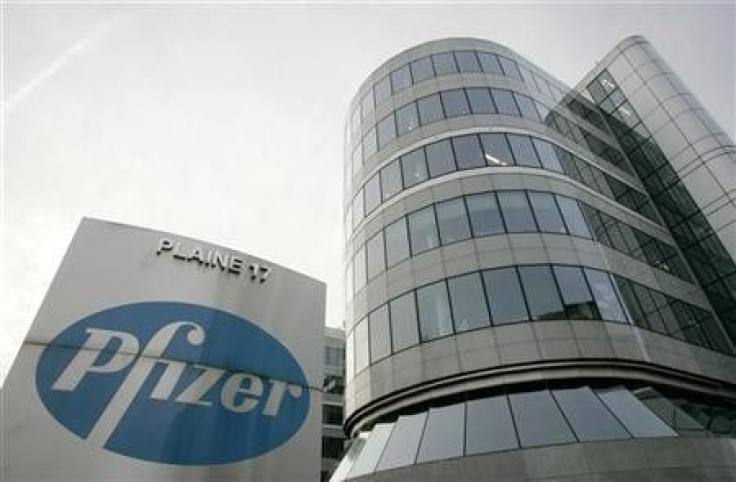Pfizer Inc. (PFE) Keeps Suing Generics Makers In India, Even Though It's A Hopeless Legal Endeavor

Pfizer Inc. (NYSE:PFE) has again hauled one of its Indian generics competitors into a U.S. court in what has already been a decade-long uphill battle to keep exclusive patents on its drugs.
But even as India’s courts continue to hand down rulings favorable to knock-off drugmakers, Pfizer and other pharmaceutical giants aren’t abandoning the seemingly Sisyphean practice of suing to buy time on their patents.
Why? It buys them time.
“They’ll probably still continue in India even though the trend is favoring the generics firms there,” Damien Conover, an analyst at Morningstar, told International Business Times. “You’ll still see a lot of cases because it helps prolong the patents.”
Pfizer sued Wockhardt Limited (BOM:532300) and two other Indian firms to prevent them from securing approval to sell a generic version of its neuropathic painkiller Lyrica. It sued Wockhardt again in January to prevent the same knock-off drug from entering the market. And on Friday, the New York company sued two units of the Mumbai firm to block a generic equivalent of its overactive-bladder medication Toviaz, according to Law360.
“As the generics enter the market, [big pharmaceutical companies] take a big hit,” Conover said, though he admitted that the marketability of brand names gives firms like Pfizer, GlaxoSmithKline (NYSE:GSK) and Baxter International Inc. (NYSE:BAX) an advantage.
But the real loss will be to India’s drug industry altogether, he said.
Strong sales support the pharmaceutical companies’ research divisions, and as executives see the bottom line take a hit at their India divisions, that funding will become scarcer.
“If the pharmaceutical companies look at the return on their investment in India, there will be less money spent on research and development because the rewards will be less,” Conover said. “Because other countries support innovation, India can still get the rewards on innovation and it’s not too stifling, but it won’t come from there.”
A Pfizer spokesman did not immediately respond to requests from International Business Times for comment.
But last week, Glaxo lost a patent for its breast cancer drug Tykerb after India’s Intellectual Property Appellate Board, or IPAB, said the formula for the drug was not innovative enough to warrant an exclusive patent.
Courts ruled similarly last year, when they revoked patents on Pfizer’s cancer drug Stutent, the Roche Holding Ltd. (VTX:ROG) hepatitis C drug Pegasys and the Merck & Co., Inc. (NYSE:MRK) asthma treatment aerosol suspension formula.
© Copyright IBTimes 2024. All rights reserved.












